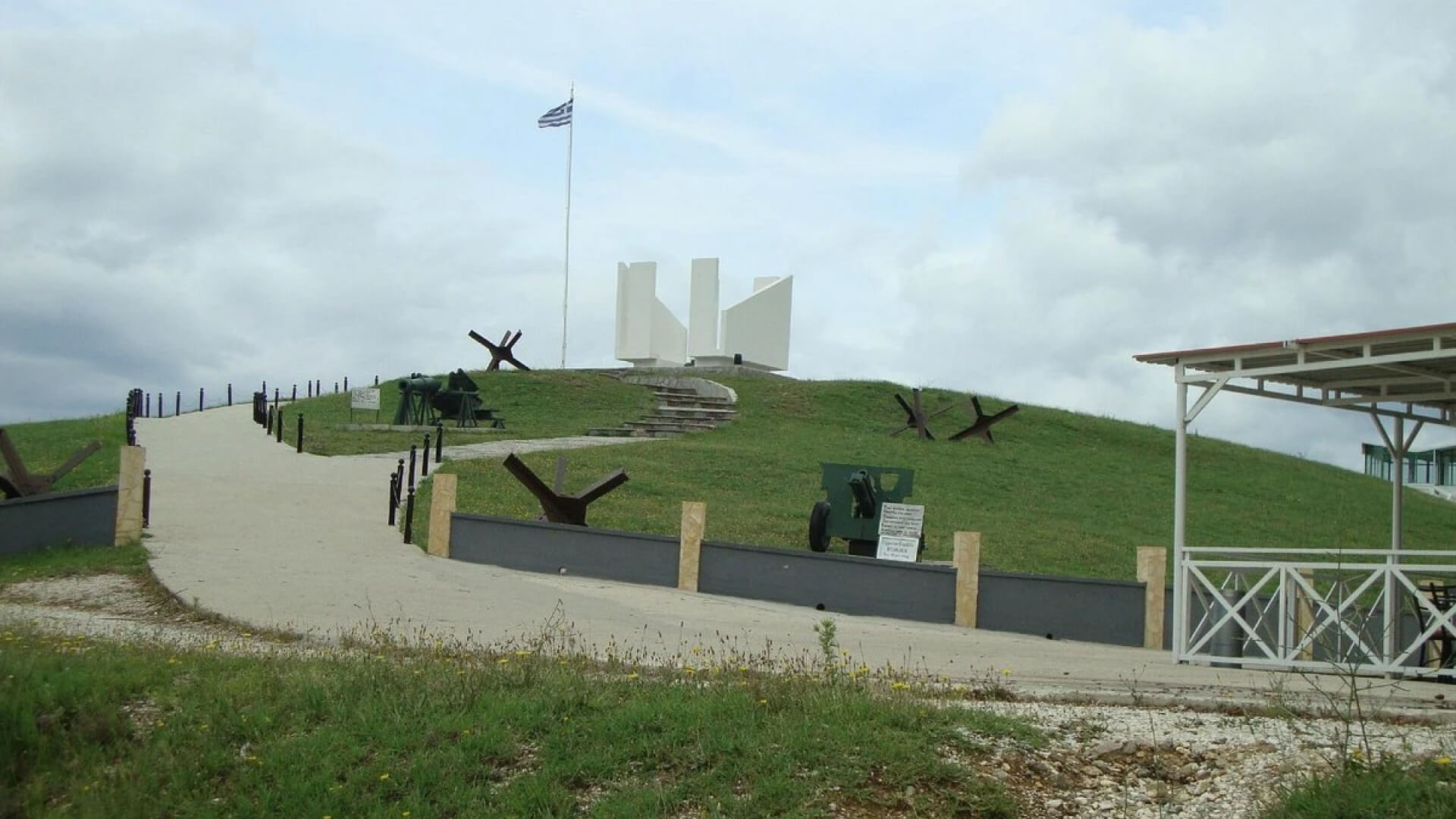
Amphipolis
Αrchaeological site
Lion of Amphipolis
"Ancient Amphipolis: A Gateway to History"
In antiquity, Amphipolis flourished as a significant economic, cultural, and politico-military hub, particularly after its annexation into the Kingdom of Macedon. Founded by the Athenians in 437 BC due to its strategic location on the fertile plains watered by the Strymon River, near the mines of Thrace and the gold deposits of Mount Pangaion, the city quickly fell into Spartan hands and was later conquered by Philip II, the father of Alexander the Great.
The archaeological site of Amphipolis is among the most important in Greece, revealing invaluable insights into the lives and customs of its ancient and Byzantine inhabitants. Located within the walled boundaries of the ancient city, its necropolis stretches beyond the fortifications, alongside other ancient sites tied to both the classical and Christian eras of the region.
Excavations have unveiled large sections of the city’s walls, various sanctuaries, and public and private buildings. The city’s prosperity is reflected in its monumental structures adorned with mosaic floors and frescoes. Nearby, famous landmarks such as the Lion of Amphipolis, the Poros Monument, and the Tower of Marmarion further attest to its historical significance.

Explore more
OTHER EXPERIENCES
Discover more activities to add excitement and variety to your stay, offering something for every mood and interest.









